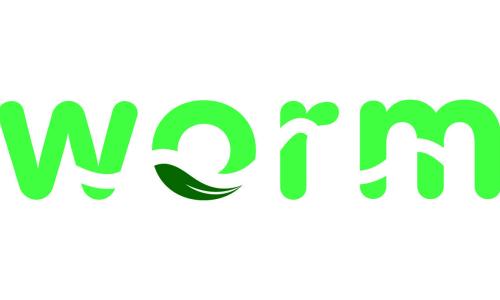Waste in humanitarian Operations: Reduction and Minimisation (WORM)
Date: January 2024 – December 2025
Objective: Waste in humanitarian Operations: Reduction and Minimisation (WORM)'s overall objective is designing guidelines and support actions for circular economy in the humanitarian sector. WORM focuses on two selected settings: field hospital deployments, and humanitarian livelihood programmes with a waste picking component. Across these settings, the project focuses on several cross-cutting focus areas:
• the integration of bio-based technological innovation solutions in the humanitarian context,
• using procurement as a gatekeeper for waste avoidance, and gateway to integrate innovative solutions,
• improvements in waste management, and the use of less polluting waste treatment methods,
• a specific focus on the sustainable livelihoods of waste pickers, and
• policy development, advocacy and a heightened local awareness of improved waste management in the relevant local contexts.
Following a multi-actor approach, WORM brings together medical humanitarian organisations and humanitarian organisations with livelihood programmes with innovation and supplier clusters, procurement service providers, logistics service providers, waste management service providers and academic partners. WORM seeks to involve a myriad of different stakeholders in data collection and policy development, including but not limited to, humanitarian actors positioned in the field during an operation, local waste management companies, start-ups focusing on bio-based solutions, policymakers (both local and global), and research institutions. WORM includes partners from low- and middle-income countries (esp. Kenya, Vietnam) since humanitarian operations are often implemented in these contexts. WORM will focus on these contexts in their local awareness campaigns for improved waste management.
Funded by: EU Horizon Europe, under the call: HORIZON-CL6-2023-CIRCBIO: Bio-based solutions for humanitarian applications
European Union's official project information
Partners: Hanken School of Economics (Coordinator), RMIT University Vietnam (VN), Kühne Logistics University (DE), Innovasjon Norge (NO), Finnish Red Cross (FI), Viet Nam Red Cross Society (VN), International Medical Corps Croatia (HR), Pamela Steele Associates (KE), Euronovia (FR), Solvoz (NL)
Associated Partners and Advisory Board: International Committee of the Red Cross (CH), Action Contre la Faim (FR), Norwegian Refugee Council (NO), Catholic Relief Services (US), Zero Waste Scotland (UK), Kuehne + Nagel (DK), WREC Project
Projects members at Hanken: Gyöngyi Kovács (Coordinator and Principal Investigator), Virva Tuomala, Anna Aminoff and Sarah Schiffling



